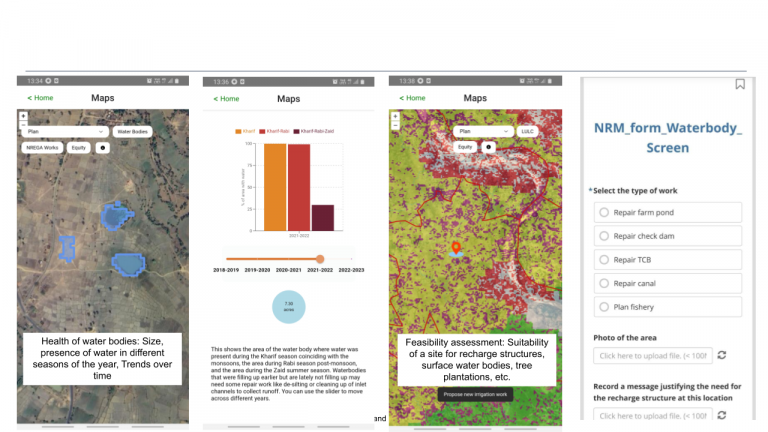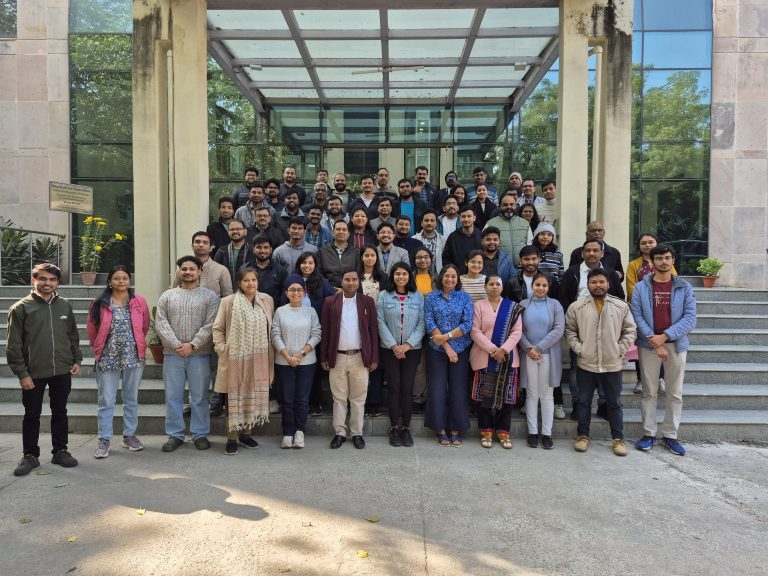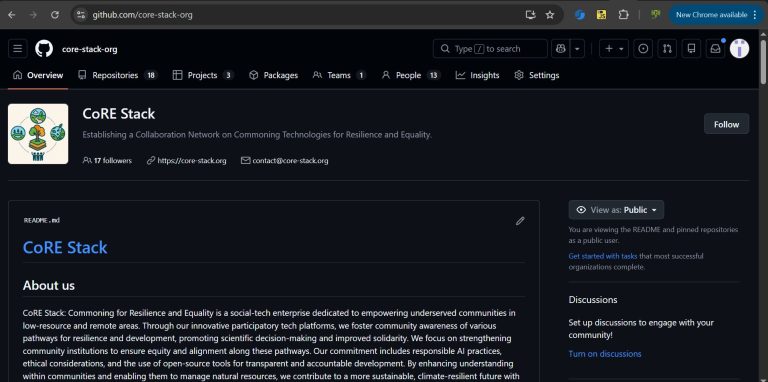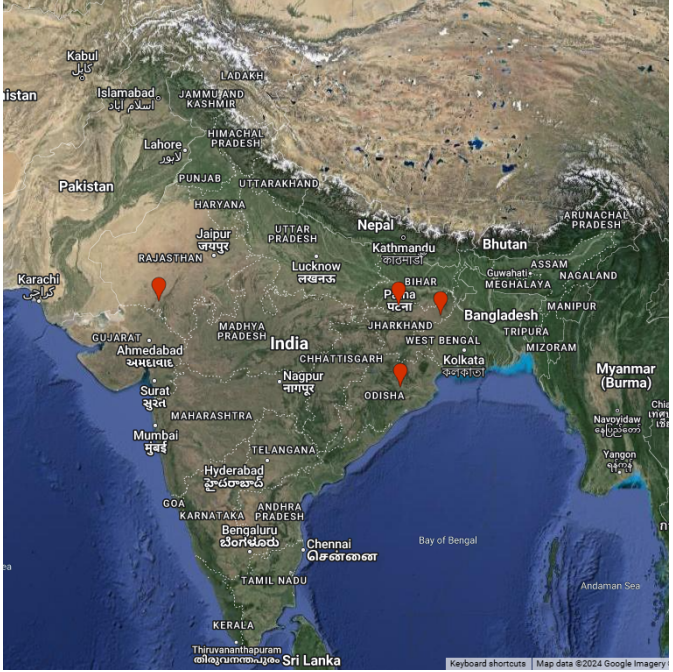The Mobile Vaani team initiated an awareness and demand generation campaign on the issues of climate change in January 2023. They conducted several ward sabha meetings to explain the various concerns of climate change and encourage communities to take action towards climate resilience.
One such ward sabha took place in Begayin village, Advara block, Gridih District. Over 25 members actively participated in the discussion. These community members had previously informed their panchayat representative about land levelling, canal boundary repairing, and the need for pond construction to preserve rainwater. However, their demands were consistently ignored. The Mobile Vaani volunteers advised them to document the key discussions of the ward sabha and submit them, along with all the demands and information about available land, to the mukhiya of the panchayat.
Following a diligent follow-up process, the volunteers and Mobile Vaani representatives persistently urged the inclusion of these demands in the MNREGA (Mahatma Gandhi National Rural Employment Guarantee Act) work demand. Eventually, the demands were incorporated, leading to the successful construction of ponds on the lands of Heeralal Tudo and Prakash Tudo. Heeralal Tudo’s pond measures 50 ft in length, 60 ft in width, and 10 ft in depth. Thirteen MNREGA workers were employed for over two months, and they received their wages directly in their bank accounts. Similarly, a pond of the same size was constructed on Prakash Tudo’s land, with twelve workers completing the task in two months and six days. They, too, received their wages in their respective bank accounts.
These ponds will provide significant benefits to over 50 individual families by serving as a reliable source of irrigation. Moreover, they will contribute to enhancing water recharge within the village, resulting in improved plantation, agricultural crop production, and overall livelihoods of the farmers. The farmers are optimistic about the potential of these ponds to collect a substantial amount of water, which would enable them to engage in fishery cultivation. This additional venture would allow them to sell their produce in nearby villages, further enhancing economic opportunities in the region.





